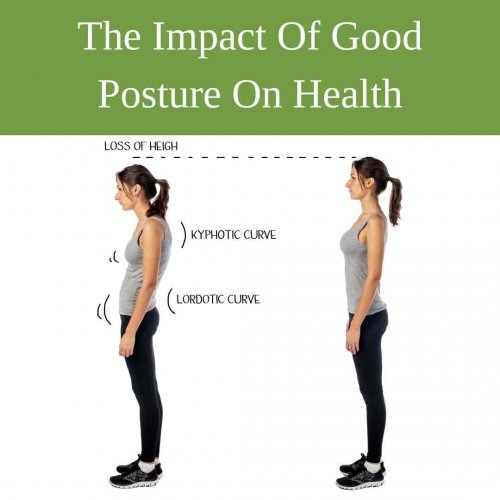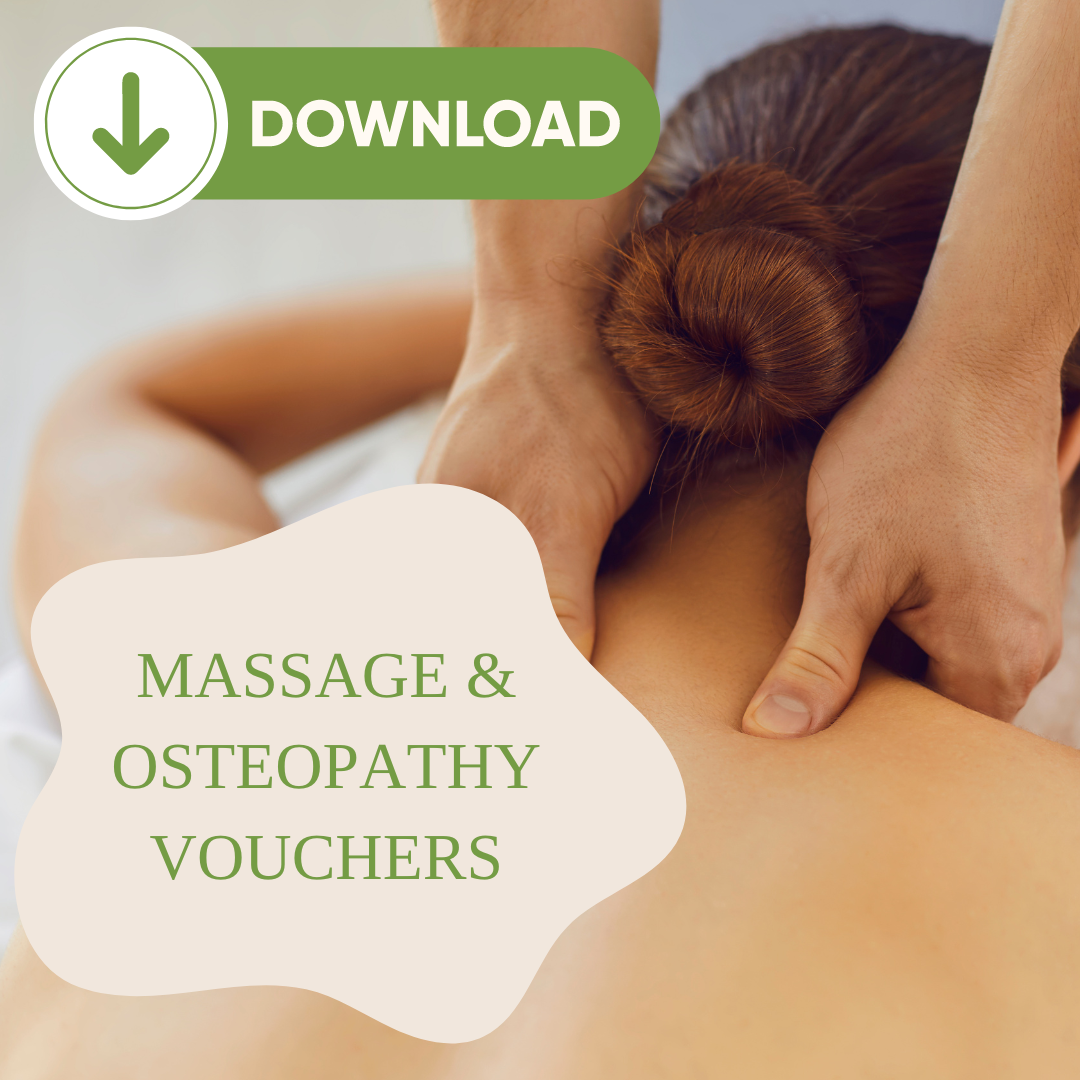Many patients ask me about posture in our osteopathy treatments. Think about your own posture on day to day standing and movements, how you sit at work and how you sit watching the TV in the evening. All will have an impact on you. Most people pay a lot of attention to their work station set up but less to their position whilst watching the TV in the evening. The TV is often at an angle to how they sit and so creates and twist to watch it. I have seen this aggravate a lot of peoples pain.
This article has an interesting twist of how posture can affect stress levels. It's based on scientific articles that I have summarised to make them quicker to read.
While there are various strategies to manage stress, one often overlooked aspect is maintaining good posture.
If you try sitting up in a good posture right now I would take a guess that actually after a minute or so it can feel quite uncomfortable and you drift back into a slump. This is your body returning to the position that is pain free, which ISN"T always the ideal posture it's the one we just spend most of the time in.
Often with osteopathy treatment to the muscle system and spine the "better" posture is more comfortable and easier to maintenance as the tightness or restrictions that prevented the good posture have been corrected and released.
This is how osteopathy or massage can help your posture and ease stiffness.
And now onto the Blog on posture...
Posture refers to the alignment of the body's skeletal structure, muscles, and joints. It not only affects our physical appearance but also plays a crucial role in our overall health. This blog will delve into the science-backed reasons why good posture is essential for reducing stress and promoting a healthier lifestyle.
1. Alignment and Muscle Balance:
Maintaining proper posture ensures the correct alignment of the spine, which supports the body's weight and protects vital organs. When the spine is aligned correctly, it minimizes stress on the muscles, ligaments, and joints. Conversely, poor posture can lead to muscle imbalances, excessive strain on specific muscles, and contribute to discomfort and pain, thereby increasing stress levels.
2. Improved Breathing and Oxygenation:
Good posture enhances lung capacity and improves breathing efficiency. When we slouch or hunch forward, our chest cavity compresses, restricting the diaphragm's movement and reducing the amount of oxygen we take in. This compromised breathing pattern can lead to increased tension and anxiety. Conversely, maintaining an upright posture opens up the chest, allowing for deeper, more efficient breathing. Oxygen-rich blood flow to the brain promotes mental clarity, reduces stress, and enhances overall well-being.
We have very good reports from patients that osteopathy improves their breathing and lung function due to having their spine and ribs released to allow better inhalation.
3. Hormonal Balance and Stress Response:
Recent research suggests that posture can influence hormonal balance, including stress-related hormones such as cortisol and testosterone. A study conducted by Harvard University found that individuals who adopted expansive postures (e.g., sitting upright with an open chest) experienced a decrease in cortisol levels and an increase in testosterone levels. These hormonal changes promote a more confident and relaxed state, reducing stress and anxiety.
This is a fascinating study and so easy to start implementing right now.
4. Psychological Impact:
Posture also has a profound psychological impact on our mood and self-perception. Maintaining an upright posture is associated with improved self-esteem, confidence, and positive emotions. Conversely, slouching or adopting a closed body posture can contribute to feelings of depression, helplessness, and low self-esteem. By consciously practicing good posture, we can positively influence our mental state and better manage stress levels.
Try this right now, sit up straighter or stand up straighter. How do you feel? I personally find it have an immediate affect on how I feel. I always think that when we hunch over in the cold English rain and wind it contributes to making us a bit more miserable! When it's sunny we walk around with our head up loving life. Is it just the weather or a little bit our posture too?
Conclusion:
Maintaining good posture is not just about looking poised and confident; it significantly impacts our health and well-being, particularly in reducing stress levels. By aligning the spine, improving breathing efficiency, balancing hormones, and enhancing psychological states, good posture becomes a powerful tool for managing stress and fostering a healthier lifestyle. Incorporating posture-improving exercises, having your spine alignment improved with massage and osteopathy, being mindful of our body alignment, and making ergonomic adjustments in our work and living environments can all contribute to reaping the benefits of good posture and enjoying a more balanced and stress-free life.
Our Wellness Club is particularly suited to helping your posture and therefore with regular weekly or monthly treatments.
Click here to learn more
Summary of Scientific Evidence:
1. Good posture aligns the spine, reducing stress on muscles, ligaments, and joints. (Mayo Clinic)
2. Proper alignment improves lung capacity and breathing efficiency. (Journal of Bodywork and Movement Therapies)
3. Upright posture promotes hormonal balance by reducing cortisol and increasing testosterone levels. (Harvard Business School)
4. Good posture positively affects mood, self-esteem, and emotional well-being. (Psychology of Sport and Exercise)
References: - Mayo Clinic: "Good posture tips" - https://www.mayoclinic.org/healthy-lifestyle/adult-health/in-depth/posture-tips/art-20269950 - Journal of Bodywork and Movement Therapies: "Effects of a posture correction exercise program on lung function, upper extremity symptoms, and respiratory muscle strength in university students with forward head posture" - https://pubmed.ncbi.nlm.nih.gov
Blog post | The Perrymount Clinic 01444 410944
Call to book or for more information 01444 410944

The Impact of Good Posture on Health


The Perrymount Clinic
Unit 5
Hurstwood Grange
Hurstwood Lane
Haywards Heath
West Sussex
RH17 7QX
01444 410944
info@theperrymount.com
